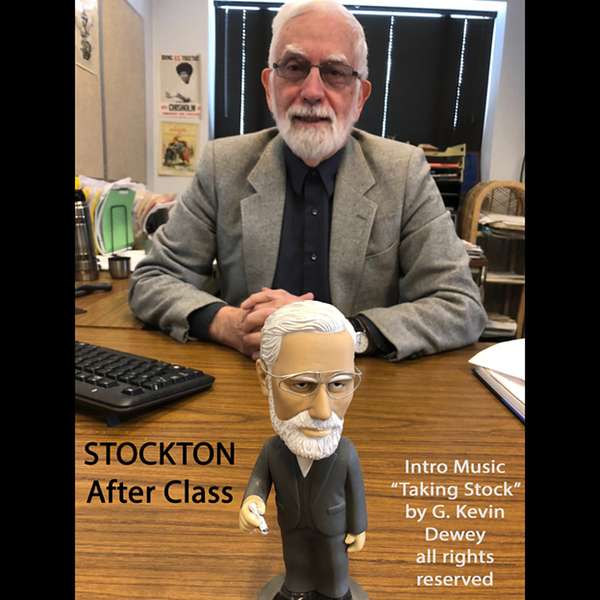
StocktonAfterClass
StocktonAfterClass
Marx and the Jews. Not What You Expect. The 1844 Manuscripts.
Bruno Bauer, an intellectual colleague of Marx, wrote two essays to which Marx reacted strongly. The first was called “The Jewish Question” (Die Judenfrage), the second “On The Capacity of Present-Day Jews and Christians to Become Free.” Marx wrote two essays responding to Bauer’s work, using the same titles. The group of intellectuals of which Marx and Bauer were a part were debating how to achieve freedom (emancipation). Bauer saw Jews in terms of the Jewish religion. While Christians had just to seek freedom, Jews had to go through two steps to achieve freedom, theological and political (universal). They had to abandon the Torah, and their focus upon themselves, and then join Christians to become politically free. Bauer thought Jewish political behavior could be completely understood in terms of their ancient teachings.
Marx objected strongly, insisting that the religious issues were superficial and that Bauer had misunderstood the nature of conflict and freedom. These two essays were published in limited circulation and fell from public view when the 1848 uprising failed to achieve democracy and Marx fled into exile. They were only republished (along with several others) after World War II and are commonly called The 1844 Manuscripts or The Economic and Philosophical Manuscripts. These few manuscripts show a very different Marx from the Cold War image. He was someone interested in religion and human development. (Note: The first American publication used the title “A World Without Jews,” a term Marx never used, and which sounded very ominous in the aftermath of the Jewish holocaust.
I did this as a class lecture in my Religion and Politics class. It was a valuable lecture because not a single student had ever heard of these essays. I hesitated to turn the lecture into a podcast but once I had a text of the lecture, I saw that it had potential and decided to adapt it to podcast format.
I frequently asked students to write a two-page reaction paper (not graded) about how they thought about the lecture. Almost universally, they liked this lecture because it taught them some things they did not know. One of my students, a couple of decades ago, offered a unique perspective. He was a trained Islamic scholar. He said he had been trained in Koranic studies. He knew the Koran and the Hadith (opinions and stories from the life and example of Mohammed). to him those things were very important. But he now understood that Muslims were also a community of people who lived in the real world. Much of their behavior could be understood by thinking in that context.
His was a reaction that many students had.
Glitch: Around nine minutes in I accidentally hit the keyboard. This required some editing. If you notice a jump around that point, this is why.